China's outbound and inbound travel market is booming as the summer travel peak approaches, with online data showing that the country's visa applications for travel overseas is expected to exceed the same period in 2019.
Amid unprecedented challenges faced by the world, increased cross-border tourism bears great importance for people-to-people exchanges, and will boost international cooperation and global economic recovery, business insiders and experts said, urging all countries to strengthen understandings of each other and clear the air to jointly handle global challenges.
A survey targeting China's summer tourism industry revealed by online travel platform Trip.com showed that cross-border tourism is highly popular during 2023 summer.
At present, the outbound flight capacity has reached more than 50 percent of the level before the COVID-19 pandemic, and the search volume for cross-border flight tickets has exceeded the volume in 2019, the survey shows.
The platform noted that countries in Southeast Asia, Middle East, Africa and Europe are popular among Chinese tourists. The platform predicted that the number of visa applications this year may surpass the level in 2019 summer.
Currently, Schengen and US visa application sites in major cities like Beijing and Shanghai have already been fully booked until the end of 2023, and the high likelihood of being rejected is scaring away large numbers of people, according to domestic travel agencies.
In order to attract Chinese tourists, other countries are seeking close cooperation with China. For example, Tourism Australia recently launched a marketing campaign themed "Come and Say G'day" in China, inviting Chinese travelers to plan and book their next holiday to Australia, according to a statement on the Australian government agency's website on Friday.
"As Australia's leading visitor market, China will play a critical role in the industry's continued recovery. Pre-pandemic Australia welcomed 1.4 million Chinese travelers annually, contributing $12.4 billion in visitor spending," said Don Farrell, the minister for Australian Trade and Tourism.
Along with the recovery of inbound travel, Chinese travel agencies are also ramping up efforts to welcome the return of foreign visitors.
CYTS International Tourism Co's Vice General Manager Hu Jiying said since the second half of 2022, the company has initiated the recovery of inbound tourism industry, including re-signing contracts with hotels and restaurants and developing new tourism products.
"China has world-leading tourism resources and relevant service level, and the whole industry is looking forward to serving visitors from all over the world," Xu Xiaolei, marketing manager from China's CYTS Tours Holding Co, told the Global Times on Monday.
In order to further boost China's inbound tourism sector, the industry and authorities should upgrade the pre-trip promotion and booking mechanism, and enhance quality of tourism products, Xu noted.
Since China restored group tour services for inbound tourists in March, domestic cities including Beijing, Shanghai, South China's Hainan Province and Northwest China's Xinjiang Uygur Autonomous Region have received foreign tourists.
According to data released by the Beijing's entry-exit inspection authority on Sunday, a total of 880,000 people crossed the Beijing customs checkpoints in June, up 25.7 percent month-on-month and hitting a monthly record high this year.
A South Korean tourist named Jisu visited the Summer Palace in Beijing with her family on Saturday. "My parents now work and live in Tianjin, and I can't wait to meet them here following China's adjustment of COVID-19 measures," she told the Global Times.
Jisu said it's her first visit to China in almost five years, and thus plans to take the opportunity to visit a number of Chinese cities including Beijing, Shenzhen, Guangdong Province and Shanghai.
"Due to the hot weather, we didn't visit many scenic spots. But I really like Chinese cuisine and the environment of Chinese cities seems to be much better than years ago," she said.
In order to encourage the recovery of inbound tourism, Central China's Hunan Province on Friday announced four awards targeting tourism enterprises that organize overseas tourists to travel in Hunan or promote Hunan tourism overseas, awarding up to 800,000 yuan for each enterprise each year, according to a statement on local government website.
Jiang Yiyi, deputy head of the School of Leisure Sports and Tourism at Beijing Sport University, told the Global Times on Monday that a growing inbound tourism sector is necessary for the development of a country's tourism industry, and the cross-border tourism is an irreplaceable mechanism for cultural exchange and communication among countries.
In addition, effective cultural exchanges can foster mutual trust and respect, promote cooperation in trade, investment and offer solutions for key global issues, she noted.








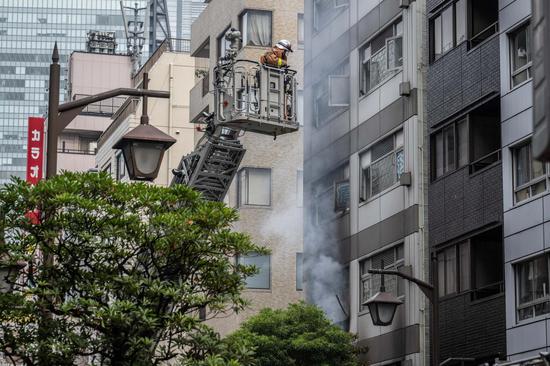
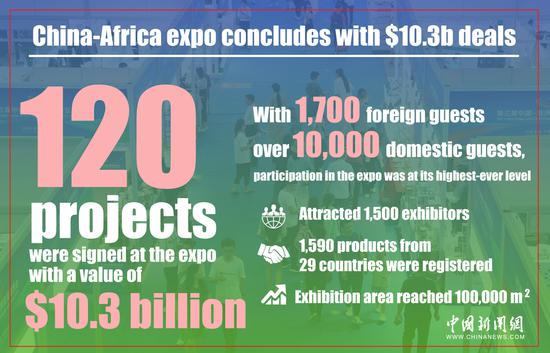



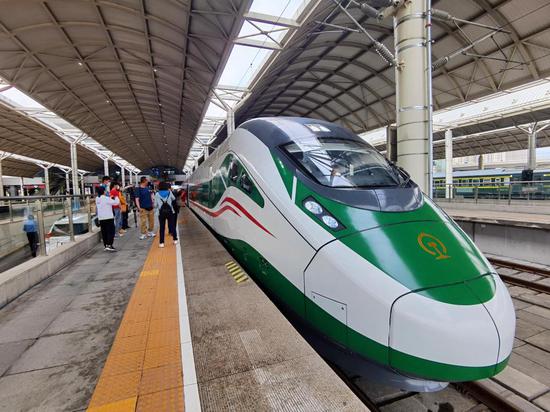

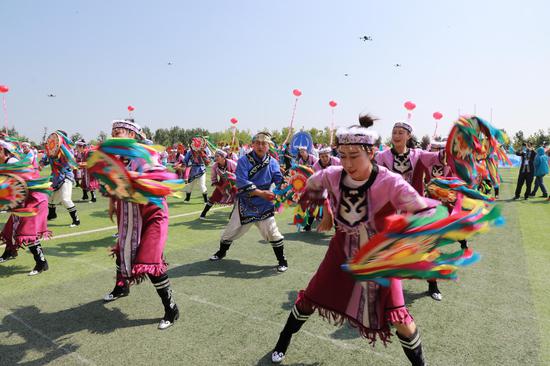





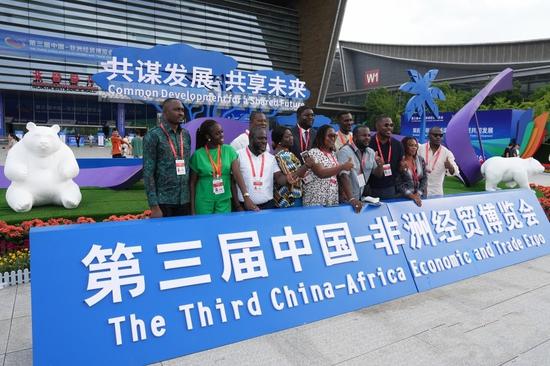






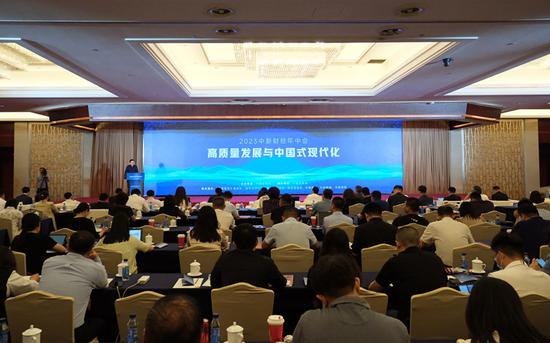




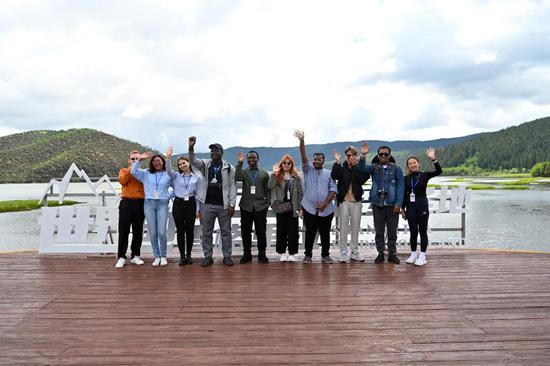

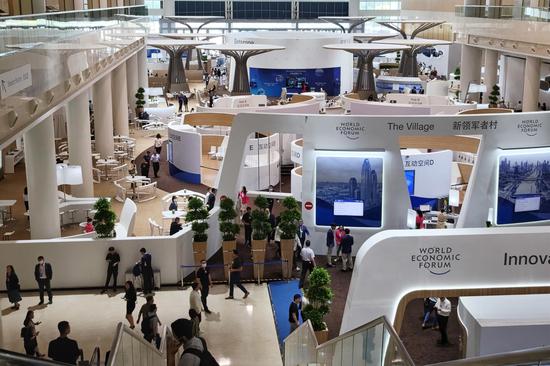




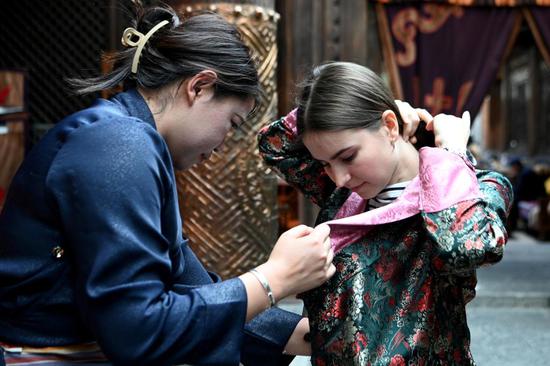

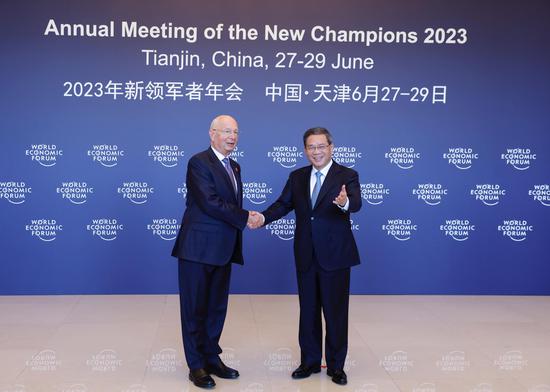
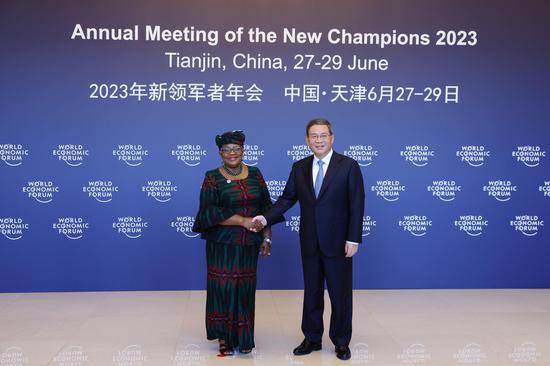
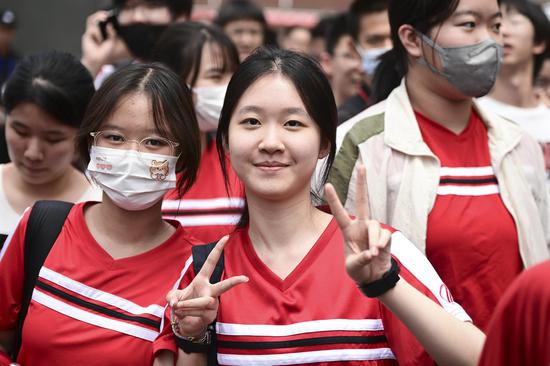





 京公网安备 11010202009201号
京公网安备 11010202009201号